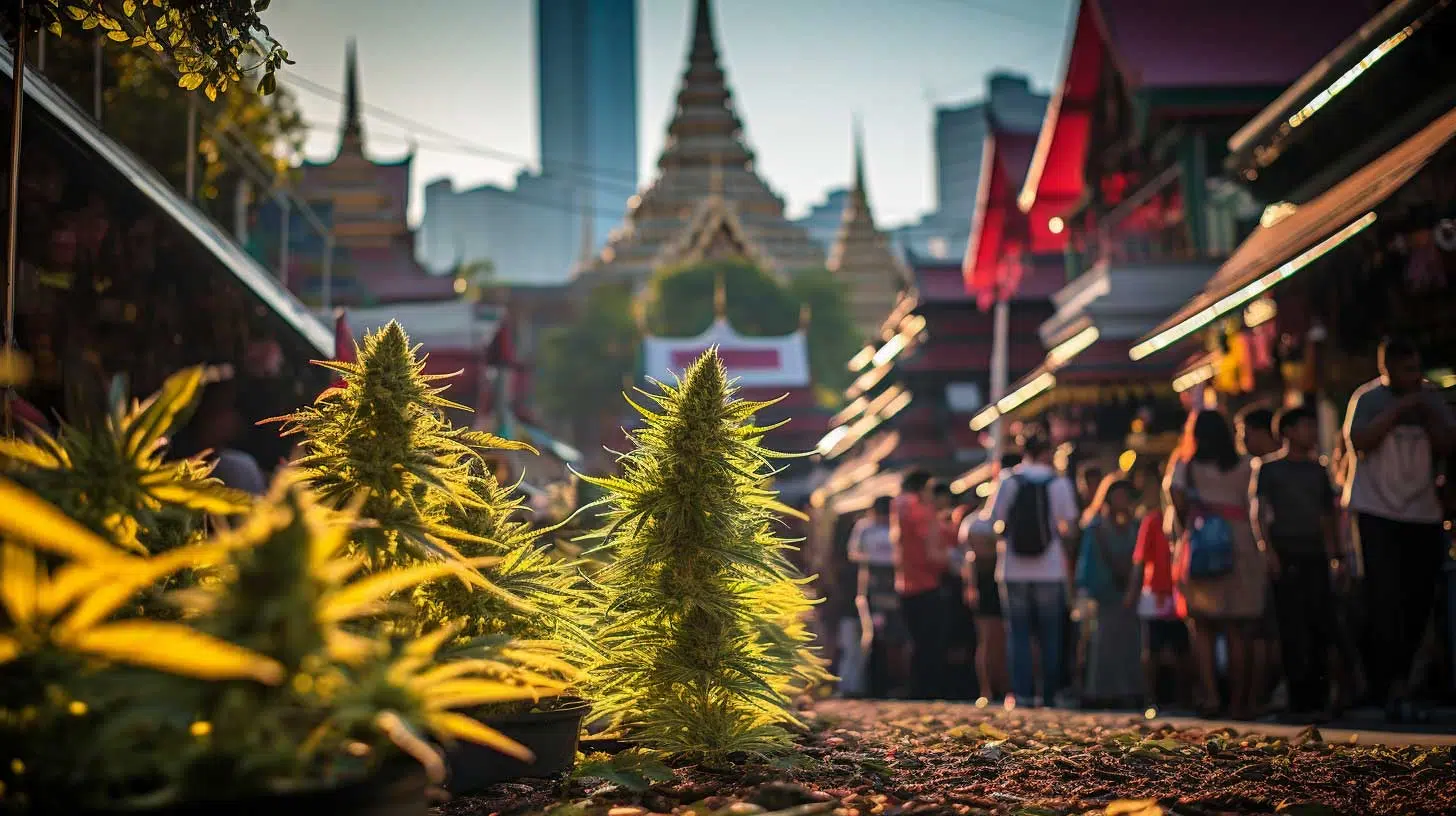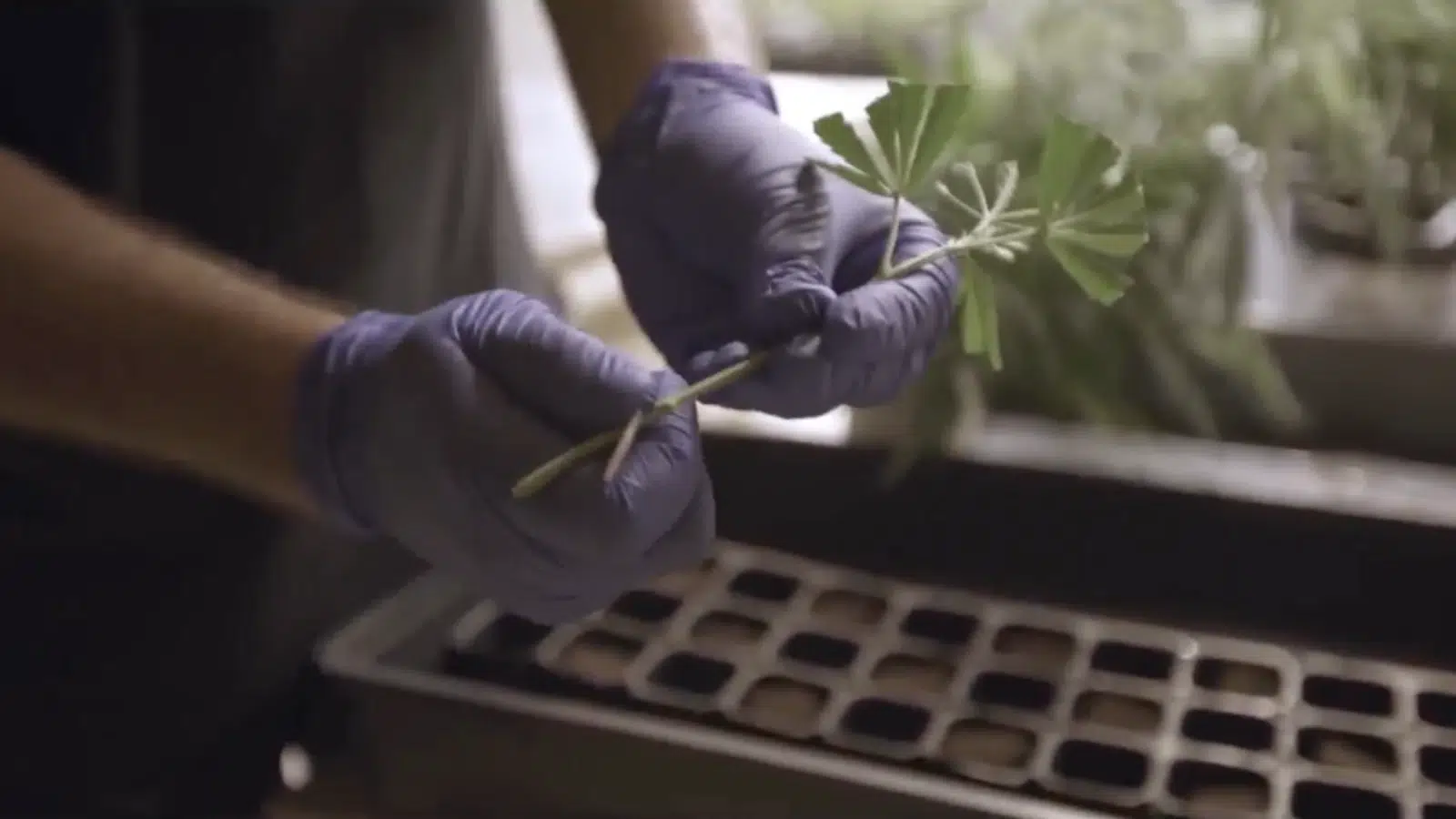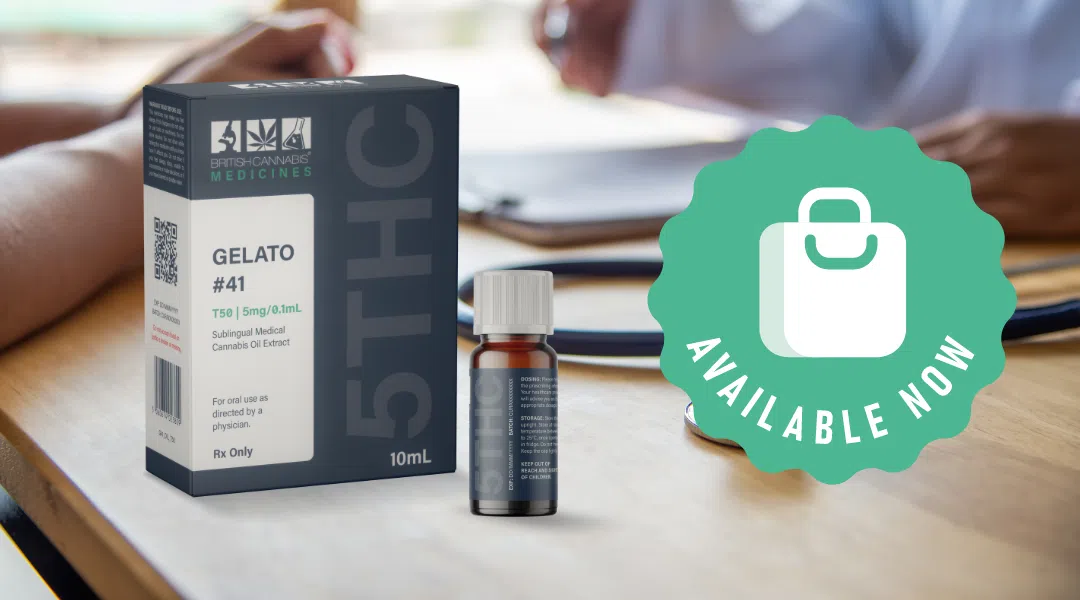
Thailand’s Cannabis Clampdown: New Government Targets Unregulated Cannabis Trade
Introduction
In a brisk turn of events, Srettha Thavisin, the freshest instalment of Thailand’s Prime Ministers, has proposed a dramatic reversal of the country’s previously relaxed cannabis policy. Thavisin announced plans to limit cannabis use strictly to medical purposes within the next half-year.
Key Takeaways
- Thai PM, Srettha Thavisin, is intent on modifying their cannabis policy with restrictions to its medical use only.
- The move aims to control the hasty spread of the recreational cannabis trade.
- The tourism industry has responded positively to the clampdown initiative.
- The state of the nascent Thai cannabis industry remains indeterminate despite the proposed regulations.
The Urgency of Rewriting the Law
Thavisin vocalised the urgency of “rewriting the law” to curb the rapidly growing recreational cannabis market in an interview with Bloomberg. “The problem about drugs has been widespread lately”, remarked Thavisin, underscoring the increasing complexity of drug management within the nation.
The Shift in Cannabis Policy
In past years, Thailand transitioned dramatically from maintaining stringently repressive drug laws to decriminalising cannabis, once its status as a narcotic was nullified. This shift appears to have led to the mushrooming of more than 6,000 registered cannabis dispensaries.
The Government’s Stance
However, Thavisin’s government, leading an 11-party coalition, is dedicated to wiping out the drug problem, unequivocally intent on stemming the nation’s unfolding drug crisis. With a promise to “decisively reduce” narcotic trafficking, the prime minister has demonstrated the earnest intention to quell this “widespread” problem.
Tourism Sector’s Response
The reform has been enthusiastically welcomed by the tourism sector, which contends that the unhindered cannabis trade has inflicted more damage than benefits to Thai tourism within the last year. According to Thanet Supornsahasrungsi, of Sunshine Hotels and Resorts in Pattaya, “You can now easily find a cannabis shop every 200-300 metres along the streets of Pattaya, and 90% of them are not for medical purposes.”
The Previous Coalition Government’s Decision
Thailand’s previous coalition government decriminalised cannabis to bolster local farmers, positioning cannabis as a revenue-rich crop and spurring medical research. However, the absence of rigorous regulation lets public cannabis transactions thrive. Concurrently, the farmers voiced complaints about the preponderance of illegally imported cannabis for sale.
The Thai Cannabis Industry’s Reaction
Yet, the newly appointed Prime Minister’s stern rhetoric hasn’t dampened the Thai cannabis industry’s spirit. Poonwarit Wangpatravanich, president of the Phuket Cannabis Association, welcomed some extent of legal control, stating, “More regulation will be good as we don’t want a free-for-all anyway, cannabis is here to stay, but in what status is not yet clear.”
British Cannabis™’s Statement
What BRITISH CANNABIS™ has to say: This rapid policy swing shows the continual fluctuation and uncertain nature of the global cannabis industry. As the status of cannabis in Thailand hangs in the balance, it becomes vital for the UK and other cannabis stakeholders worldwide to observe and learn from these developments. The journey towards regulating a profitable and ethical cannabis industry remains a global challenge that needs careful navigation.
Share this post
Newsletter







